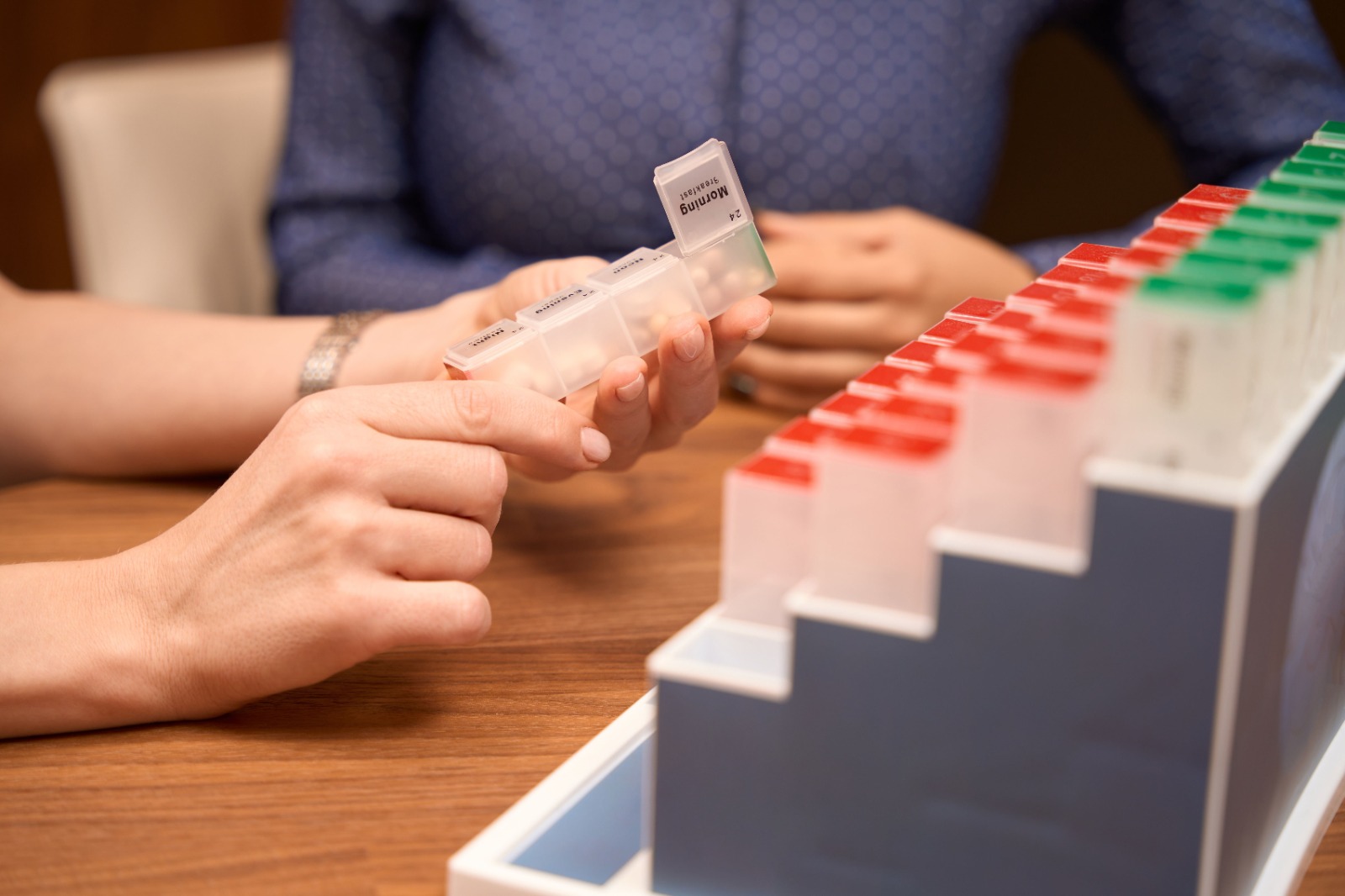
Course Description
This essential e-learning module on the Safe Administration of Oral Medication. In your vital role as carers from a non-medical background, you are entrusted with the well-being and safety of the residents you support. The accurate, responsible, and safe administration of oral medications is a cornerstone of this responsibility, directly impacting their health, comfort, and overall quality of life. This mandatory course is specifically designed to equip you with the comprehensive knowledge, practical skills, and confidence required to perform this critical task, ensuring the highest standards of person-centred care while upholding all relevant legal and procedural guidelines. Through interactive learning and real-life scenarios, we will empower you to manage oral medication routines with precision and peace of mind.
Module Summary and Learning Outcomes:
This comprehensive e-learning module provides a detailed and practical guide to the safe administration of oral medications, tailored for carers working in residential settings. Upon successful completion of this module, you will be able to:
- Understand the Legal and Ethical Framework:
- Identify key legislation, regulations, and national guidelines (e.g., CQC, NICE) governing medication practice in health and social care settings in the UK.
- Recognise your specific roles and responsibilities as a non-medical carer in the medication administration process, understanding the boundaries of your practice.
- Comprehend the principles of consent and capacity in medication administration, ensuring person-centred decision-making.
- Understand the importance of confidentiality and data protection in relation to medication records.
- Medication Knowledge and Principles:
- Define and classify different types of oral medications (e.g., tablets, capsules, liquids).
- Understand common medication types and their general purposes, as well as potential side effects and adverse reactions.
- Familiarise yourself with “homely remedies” and their appropriate use within care settings.
- Identify reliable sources for obtaining additional medication information when needed.
- Safe Administration Practices (The Six Rights):
- Master the “Six Rights of Medication Administration“: Right Person, Right Medication, Right Dose, Right Route (Oral), Right Time, and Right Documentation.
- Learn systematic procedures for checking prescriptions, verifying medication details, and preparing medications for administration.
- Understand best practices for safe storage of oral medications, including controlled drugs, to prevent misuse and ensure efficacy.
- Gain proficiency in using Medication Administration Records (MARs), including electronic MARs (eMARs), for accurate and contemporaneous documentation.
- Practical Administration Techniques:
- Develop practical skills for administering various forms of oral medications (e.g., crushing tablets, administering liquids, assisting with swallowing difficulties).
- Understand techniques for safely and appropriately managing covert administration (if applicable and authorized) and self-administration where residents have the capacity to do so.
- Identify and utilise various medication aids to facilitate safe administration.
- Understand the importance of personal protective equipment (PPE) during medication handling and administration.
- Responding to Issues and Emergencies:
- Learn procedures for managing practical difficulties encountered during administration.
- Understand protocols for handling missed doses and medication errors, including immediate actions and reporting procedures.
- Be able to recognise and respond appropriately to common side effects and identify signs of adverse drug reactions, knowing when and how to seek urgent medical assistance.
- Understand the proper disposal procedures for unused or expired medications.
- Record-Keeping and Communication:
- Develop excellent record-keeping practices for all aspects of medication administration, including observations and any issues.
- Understand the importance of clear and effective communication with residents, their families, healthcare professionals, and colleagues regarding medication.
- Learn how to accurately report any concerns, incidents, or changes in a resident’s condition related to medication.
Course Content
Categories and Uses of Medication
-
-
Categories and Uses of Medication
Legislation, Duties and Responsibilities
Safe Storage and Handling Medication
Responding to adverse effects when administering medication
Recording and auditing Medication
Routes,forms and rights of Medication
Student Ratings & Reviews


